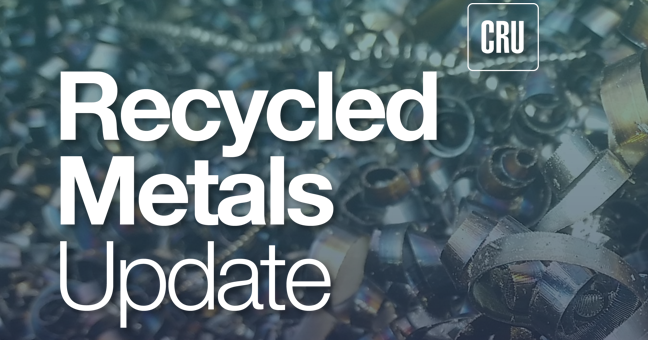Product

October 16, 2024
Ferrous scrap prices surge, mills hold firm
Written by Stephen Miller
Last week, US mills entered the scrap market, albeit later in the month than usual. Now we know why. They were trying to buy sideways (whatever that means anymore). However, due to the slowing generation of industrial scrap and the limited flows of obsolescent material, namely shredder feed, the market traded up in most districts by a solid $20 per gross ton (gt) across the board. The exceptions were mills in the Detroit, Northern Indiana, and Chicago districts. Mills in these districts have hung together to thwart any increases in price over the last several months. In the Detroit area, some mills have tried to buy down in recent months, even though it was obviously the wrong price. However, this month it looks as though they all covered their needs without boosting price tags. Can they do it again next month? Most believe the jury is still out on this.
The ferrous scrap market in the US and Canada usually starts to rise in price during the last two months of the year, or at least stabilizes for a stronger January. There are several reasons for this:
- Dealers try to build inventory for the winter months and do not want to sell much at lower prices.
- Winter weather slows inbound flows of obsolescent grades into dealer yards.
- Mills try to buy less for year-end accounting reasons in November and December.
- Industrial generation slacks off due to plant closures during the holidays.
This should happen this year as well, even though scrap demand, especially in the flat-roll sector, isn’t very pronounced. This is because the October market was the first increase in pricing since January. This market was prone to have an off-the-bottom bounce at some point. If you couple this with the points above, it makes sense a firmer scrap market lies ahead even in the face of stifled demand. Usually, most mills will look to make a full buy after the new year.
Another bullish factor is the strength of the export market off the North American eastern seaboard. Prices have risen for cargoes into Turkey. The billet run from China has slowed and the stimulus there may stop it altogether soon. Rebar prices are up and so is the demand for scrap. Will it last? Not sure how much prices could rise, but Turkey will need to continue buying scrap and a significant portion of that will come from North America.
It is hard to assess what effect the damage of the recent hurricanes will have on the scrap markets. Truly, there has been a great deal of unprepared and unsorted scrap created by these storms. In the Southeastern states of Georgia, South Carolina, North Carolina, and Tennessee, the problem will be logistical. Many of the roads and bridges washed away, so it will be difficult to deliver this material to processing facilities. In Florida, this may not be as much of a problem after the flood waters recede. So, shredded may be abundant there in a shorter period of time.







